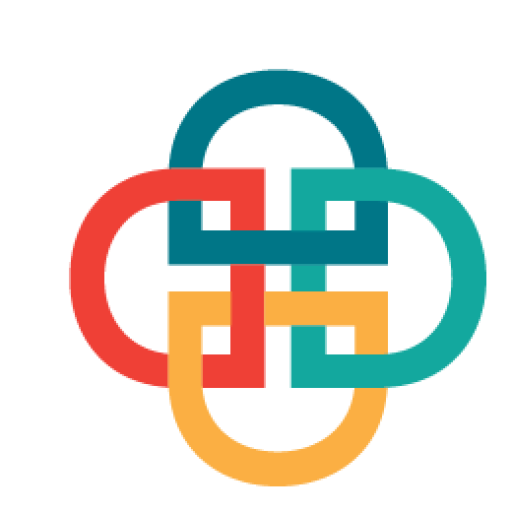Fact Checking: An Advocacy Tool For Journalists

The Debunk Show team is establishing Uganda’s first fact-checking organization. So much to look forward to, experience, and learn. During the pandemic, we were introduced to fact-checking. There was the infodemic and the flood of false health news. As a result, we decided to take action.
I was so excited about the whole idea of seeking the truth. Nothing made more sense than finding a place where I could apply all my skills and also make an impact. We started by getting the skills and then went ahead to produce content to help people make informed decisions. Now we know that our work requires urgency and relevancy.
Part of what we have desired to do is to train fellow young journalists to also learn fact checking and appreciate this process in their day-to-day work. We have been on the lookout for any opportunities that would allow us to train the next fact checkers in Uganda and on the continent.
On June 30th, 2022, Debunk Media Initiative Trainers had the privilege of conducting our first ever fact-checking training with Minority Africa Fellows. The training focused on how professional journalists can use fact checking as a tool to advocate for the rights of marginalized groups of people.
At Debunk, we define fact checking as the process of verifying information with the aim of disseminating factual information so that people can make informed decisions. We are human rights defenders in our own right as we investigate, verify, and debunk misinformation, and this is one of the many reasons we conducted this training.
We believe fact checking can be used as an advocacy tool and that journalists can fight for the rights of the marginalized by empowering them with factual information. We have witnessed several historical and cultural biases that continue to affect so many groups of people, including women, refugees, and sexual minorities.
Fact checking is a way to reduce existing biases in society and respond to several pre-dominating stereotypes in our communities. There is no doubt, therefore, that fellow young journalists need to first embrace fact checking, learn the skills and adopt various fact checking tools that will put them at the forefront of providing timely, factual information that has the power to protect someone’s life.
History has it that everyone who seeks to convince others has an incentive to distort, exaggerate or obstruct the facts. And whereas everyone is entitled to their own opinion, they are not entitled to their own facts, as Daniel Patrick Moynihan put it.
As a journalist, it is not enough to just edit and proofread your journalistic piece of work. You need to go ahead and verify if all the claims made by the sources in your article are actually true. As an advocate, you also need to find out what false claims cause pain, harm or limit accessibility to resources for the group you are representing or advocating for.
Let’s not forget that misinformation has the power to mislead, but more devastatingly, it has the power to make others feel superior and, as such, cause so many to be left behind. Once we are able to understand the impact of fake news and misinformation on different groups and communities, then we will understand how fact checking can best fit into advocacy and journalism.
Spotting misinformation and examining the sources allows you as a journalist to recognize the intent and any hidden agenda that is behind the headline. Using both online and offline tools like invid, reverse image search, TinEye, Interviews, and the Debunk Bot, we can fact check in real time and ensure that our people are not misled.
As human rights defenders, it is our responsibility to ensure the accuracy of the media. Below is a list of tools recommended by a public media alliance organization that might be of use to you as journalists.
The Digital Human Rights Lab also has a Fact Checking Guide to help you avoid spreading potentially life-threatening misinformation. Here’s a step-by-step fact-checking process from Africa Check that you can use to improve your fact-checking and journalism skills
The writer is Marion Apio
Fact Checker at Debunk Media Initiative

